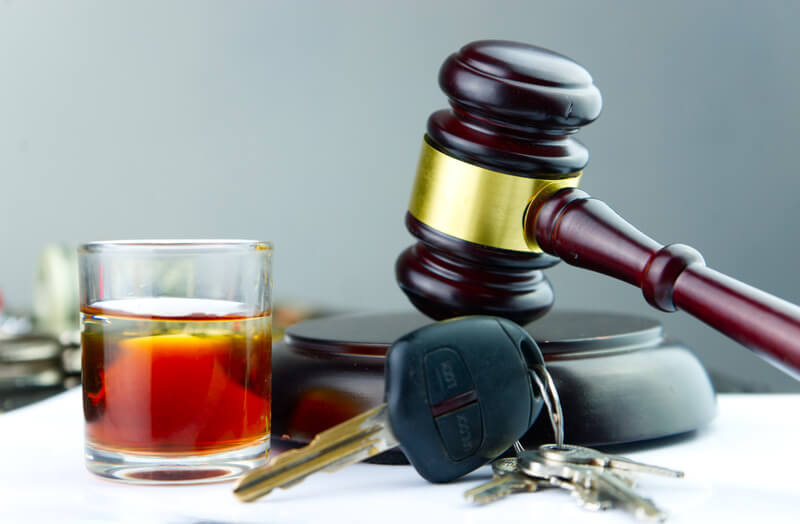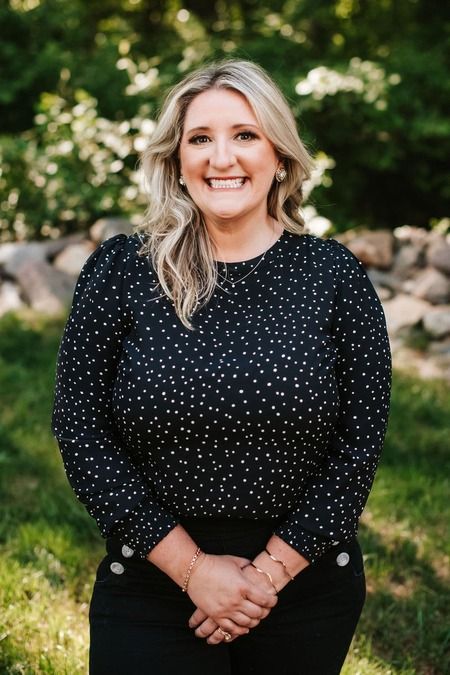
When you’re involved in a life-altering drunk driving incident, getting justice can feel overwhelming. Understanding Virginia DUI laws and how they potentially impact your claim is important.
Pursuing an injury claim isn’t just about compensation; it’s about getting justice and closure. Equip yourself with the knowledge to protect yourself and your legal rights confidently.
Read on to learn more about VA DUI laws and how a drunk driving injury attorney at River Run Law can help.
Our guide here aims to demystify the legal claims process and explain what to expect during your claim. You should feel empowered and be an informed participant in your claim rather than a bystander.
Understanding Virginia DUI Laws
In Virginia, DUI (Driving under the influence) is a criminal offense that occurs when someone operates a vehicle while impaired by alcohol or drugs.
Virginia law views DUI as more than a traffic violation. It’s a serious crime because it can cause significant harm to others.
The driver’s blood alcohol concentration (BAC) can be used to assess impairment—the legal limit is 0.08% for drivers aged 21 and over.
However, DUI charges can also arise from impairment due to drug use, prescription or otherwise. Anything that hinders a driver’s ability to operate a vehicle safely can lead to a DUI charge.
The law also acknowledges there are varying degrees of DUI offenses. While serious, A first-time DUI offense carries different penalties than a driver’s second or third offense.
Additionally, aggravating factors such as having a minor in the vehicle or causing an accident while intoxicated can lead to more severe penalties.
Blood Alcohol Concentration (BAC) Limits in Virginia
As we mentioned, the typical BAC of 0.08% applies to most drivers. However, there are situations where the allotted BAC is much lower. For example, commercial drivers cannot have a BAC higher than 0.04%.
Minors (drivers under 21) face even stricter standards, with Virginia adopting a zero-tolerance policy: any measurable alcohol in their system can result in DUI charges. Drivers who violate these limits face criminal charges and potential civil liability.
Role of Sobriety Checkpoints and Law Enforcement
Virginia law enforcement agencies actively use sobriety checkpoints as a tool to deter and detect DUI. Officers may briefly stop vehicles at these checkpoints for signs of impairment.
The role of law enforcement in DUI cases extends beyond sobriety checkpoints at known hotspots. After an accident involving an intoxicated driver, officers must investigate, gather evidence, and, possibly, make arrests.
Reporting and Seeking Help
If you’re hit by a drunk driver, it’s essential to call 911. When reporting, provide detailed information, including the time, location, and all relevant details about the incident, the driver, and the vehicle involved. Collect contact information if witnesses stop, as their statements can be invaluable.
The initial report starts the criminal investigation against the DUI driver and serves as a critical record for subsequent civil claims.
Timely reporting can significantly impact the outcome of the case. Collecting evidence at the scene, getting witness information, and taking scene photos can be critical to your civil case.
Seeking Emotional Support
The aftermath of a DUI in Virginia can be emotionally devastating. It is not uncommon to experience a range of emotions, from shock and anger to anxiety and depression. Seeking emotional and psychological support is an essential step in your healing process.
There are various resources available, including counseling services, support groups, and community organizations dedicated to helping individuals affected by drunk driving incidents. The Department of Criminal Justice Services offers assistance in Virginia and can connect you with other support services.
Legal Assistance and Representation
Understanding what to do as the victim of a drunk driving accident can feel daunting. Hiring a Virginia DUI accident lawyer is recommended.
Having a legal advocate means your rights are protected, and you have someone representing your best interests. You may be a witness in a criminal case, a plaintiff in a civil case, or both.
Criminal Proceedings
A criminal case typically begins with the arraignment of the accused, where the court issues formal charges and the defendant enters a plea.
Following this, preliminary hearings and pre-trial motions set the stage for the trial. During the criminal trial, both sides present evidence to reach a verdict. If you are the victim, you can be present during these proceedings.
In some situations, the prosecutor calls you as a witness to testify in court, which can significantly impact the case. Remain in contact with the prosecutor if they reach out to you. They can also provide you with updates and guidance.
Civil Proceedings
While a drunk driver can be punished for their actions in a criminal case, you typically won’t receive much, if any, compensation in criminal court for the damages you have suffered as an accident victim. That’s why you have the opportunity to file a personal injury claim in civil court.
A civil claim allows you to seek damages for all losses resulting from the accident, including medical expenses, lost wages, and pain and suffering.
Lawyers at River Run Law can provide guidance on the intricacies of Virginia DUI laws, assist in filing any necessary claims, and represent you in future court proceedings.
Preventing Future Incidents
One of the most empowering steps you can take as a victim of a DUI accident is to advocate for change.
Get involved in community outreach and prevention programs. Here, you can raise awareness about the dangers of drunk driving and the importance of responsible behavior behind the wheel.
Prevention can take many forms. A few options include:
- Participating in local awareness campaigns,
- Speaking at public events, and
- Working with organizations that focus on DUI prevention.
By sharing your story and the impact a DUI accident had on your life, you can contribute to a cultural shift towards safer driving practices and stricter enforcement of DUI laws.
Supporting Legislation and Policy Change
You can go a step further and engage in efforts to support and promote legislation that aims to reduce DUI incidents.
This involvement can include advocating for stricter DUI laws, supporting technology advancements like improved ignition interlock systems, and promoting policy changes that enhance road safety.
Engaging with lawmakers, participating in public hearings, and collaborating with advocacy groups effectively contribute to meaningful legislative change.
Education and Awareness Programs
Education plays a key role in preventing future DUI incidents. Participate in or initiate educational programs that target different age groups, especially young drivers. These programs can focus on the legal, personal, and societal consequences of a DUI accident.
Schools, community centers, and local organizations often run such programs. They can benefit from your involvement and experience as a DUI accident victim. Educating the public, especially the younger generation, can help foster a more responsible and safety-conscious driving culture.
Contact a Drunk Driving Injury Attorney at River Run Law
Knowing what to do after a DUI-related accident can be complicated, but you don’t have to go through the process alone. By contacting an experienced drunk driving injury attorney in our office, you’ll have guidance every step of the way.
We understand the nuances involved in these accidents and can help. Our lawyers have years of experience representing injured victims of DUI accidents and know how to build a solid case and maximize your potential settlement. Contact our office today to schedule a consultation.
Where You Can Find Our Richmond, VA Office

